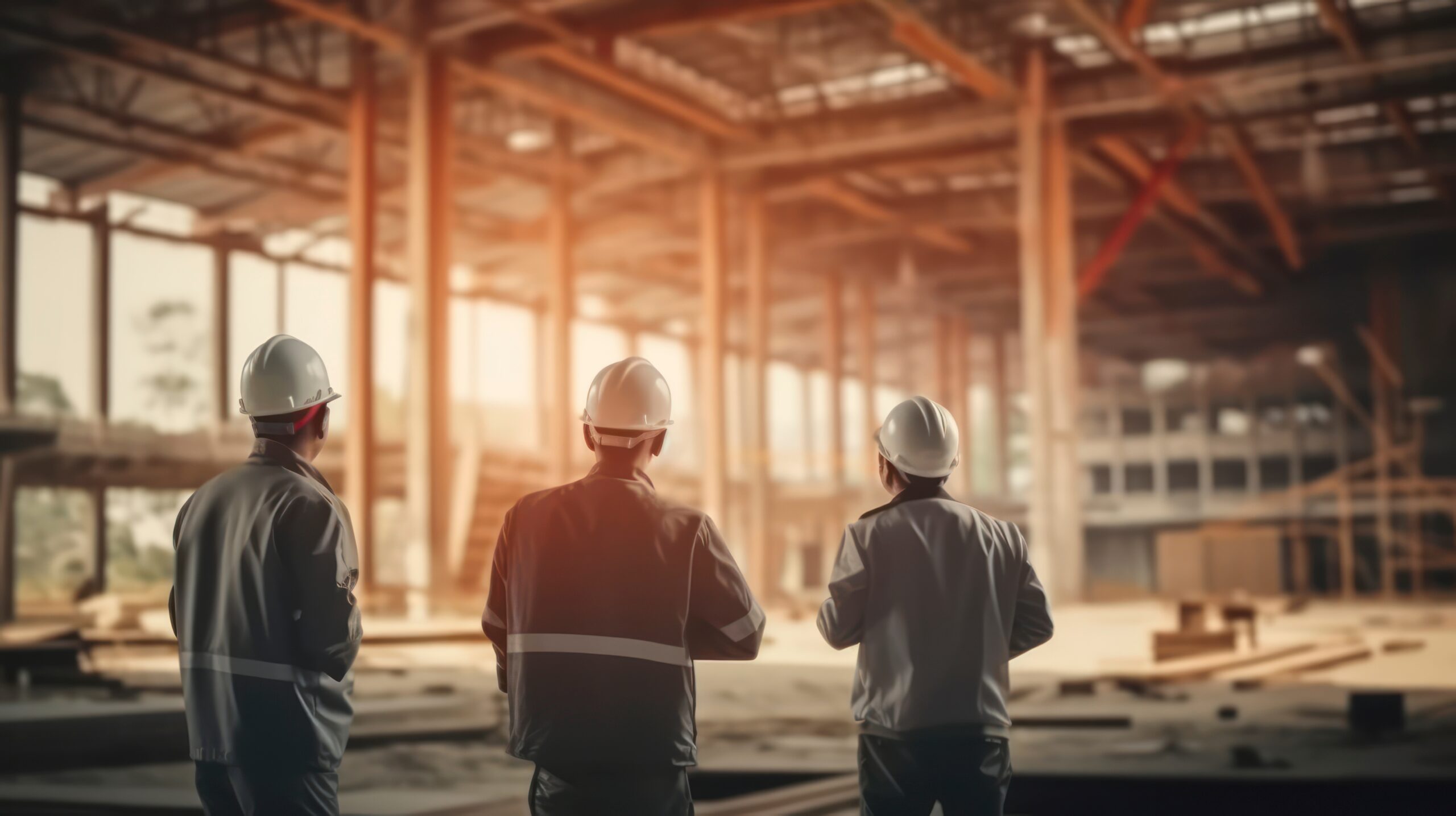One of the keys to running a successful construction business, especially in residential work, is building strong relationships with subcontractors. Over my 27 years in the construction industry and as the owner of MRM Construction Services, I’ve learned that having a reliable, skilled team of subcontractors can make or break a project. These partnerships affect everything from project timelines and quality to client satisfaction and your business reputation.
But working well with subcontractors isn’t automatic. It takes effort, clear communication, and mutual respect to build relationships that last through multiple projects and challenges. Today, I want to share some of the lessons I’ve learned along the way to help fellow contractors develop trustworthy, long-term subcontractor partnerships.
Why Subcontractors Matter
Subcontractors bring specialized skills that are critical to residential construction. From electricians and plumbers to drywall installers and roofers, these professionals fill in the gaps and make the whole build possible. A great subcontractor is not just a hired hand—they are an extension of your company’s brand and a key part of delivering on your promises to clients.
When subcontractors are reliable and skilled, projects run smoother, deadlines are met, and quality stays high. On the other hand, if you have subcontractors who are inconsistent, late, or cut corners, it creates headaches that can cascade through every phase of construction.
Choosing the Right Subcontractors
Finding the right subcontractors takes time, but it’s worth the investment. I always look for a few key traits: proven experience, good communication, and a commitment to quality. Referrals from other trusted contractors can be a great place to start. Over the years, I’ve built a network of subs I trust because they consistently deliver.
Don’t be afraid to check references or even visit past job sites. It’s important to verify that their work meets your standards before bringing them onboard. It’s also helpful to have a mix of subcontractors so you’re not dependent on just one or two. That way, you have options if schedules get tight or unexpected issues arise.
Clear Communication is the Foundation
I can’t stress enough how crucial communication is when working with subcontractors. Right from the start, be clear about the scope of work, deadlines, quality expectations, and payment terms. Put everything in writing whenever possible, whether it’s in contracts, emails, or detailed work orders.
Regular check-ins during the project help avoid misunderstandings. If a subcontractor hits a snag or falls behind, I want to know about it early so we can find solutions together. This openness prevents surprises and keeps the project on track.
Respect and Fair Treatment Go a Long Way
Treat your subcontractors like partners, not just vendors. That means paying them fairly and on time, acknowledging their hard work, and listening to their input. Subcontractors who feel respected and valued are more likely to go the extra mile for your projects.
Over the years, I’ve found that subcontractors appreciate transparency around scheduling and payment. If there’s a delay in payment, communicate that honestly and explain when they can expect their check. This builds trust and avoids strained relationships.
Be Ready to Collaborate and Problem-Solve
No construction project is without challenges. Weather delays, unexpected site conditions, or changes in client requests can affect subcontractors’ work. The best relationships come from working together to solve problems rather than pointing fingers.
I encourage subcontractors to bring concerns or ideas to me openly. When you foster a team atmosphere, everyone feels responsible for the project’s success. That sense of shared ownership usually leads to better outcomes and stronger relationships.
Maintain Consistency and Build Long-Term Partnerships
The subcontractors I work with most are those who have proven themselves reliable time and again. When you have a crew you trust, you don’t have to reinvent the wheel every job. Consistent subcontractors know your standards and your processes, which saves time and headaches.
Building long-term relationships also means investing time in subcontractors outside the job site. Check in occasionally, ask about their workload, and offer support when possible. These small gestures build loyalty and strengthen your network.
Protect Yourself with Clear Contracts
While trust is essential, so is protecting your business. Always have clear contracts that outline the scope of work, deadlines, payment schedules, insurance requirements, and any warranties. This clarity protects both you and the subcontractor and helps prevent disputes.
If something goes wrong, contracts provide a roadmap for resolving issues fairly. Even if you have a great relationship with your subs, contracts are professional safeguards that give peace of mind.
Learn from Every Project
Each project is an opportunity to learn about what works and what doesn’t in your subcontractor relationships. After every job, I take time to review how things went—what subcontractors excelled and who might need coaching or replacement.
Feedback is a two-way street. I also welcome input from subcontractors on how I can improve scheduling, communication, or payment processes. This ongoing evaluation helps keep partnerships healthy and productive.
Final Thoughts
Working with subcontractors isn’t always easy, but it’s one of the most important parts of running a construction business. When you invest time in choosing the right people, communicating clearly, and treating them fairly, you build relationships that stand the test of time. These relationships lead to better projects, happier clients, and a stronger reputation.
At MRM Construction Services, I’m proud of the subcontractor network we’ve built over the years. Together, we deliver quality homes and trusted service—and that partnership is at the heart of everything we do. If you’re a contractor just starting to build your sub list or looking to strengthen your current relationships, remember: it’s about respect, communication, and collaboration. Those are the building blocks of reliable partnerships that last.
